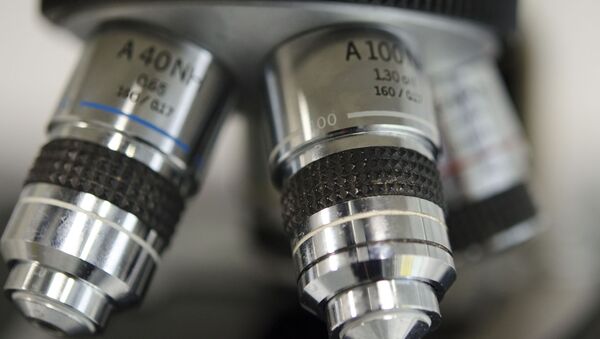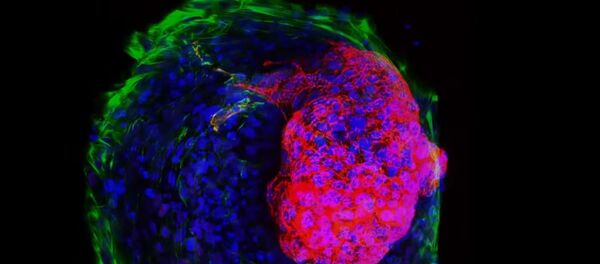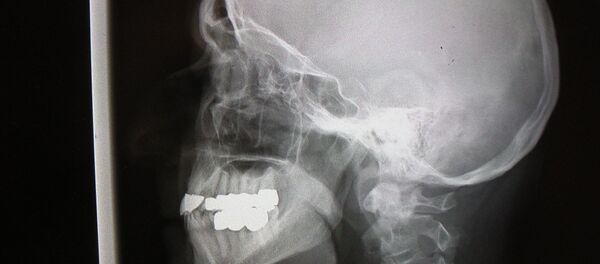A study conducted by the team of researchers at Shinshu University has shown that cardiac muscle cells derived from skin cells of a single healthy monkey can at least partially repair the heart tissue of several other sick macaques and improve the ability of their hearts to contract.
The study, published in the journal Nature, showed that the iPSCs injected into the damaged hearts easily integrated with the hearts' cells, and the monkeys' immune systems tolerated them. Scientists monitored the animals for 12 weeks and discovered that stem cells replaced about 16 percent of the ruined heart tissue and the therapy allowed the organs to pump blood more efficiently.
Researchers say they are not ready yet for trials on humans especially since some macaques showed to occasionally have trouble with irregular heartbeats. However, doctors believe that the findings indicate significant progress in healing a vitally important body organ damaged by heart attacks.
"Currently, the only long term option for these patients is heart transplantation," heart researcher Sam Boateng told the Guardian, "But there are not enough donors to meet the current demand."
Authors of the study are very enthusiastic about the future of the newly tested treatment and hope it can soon be replicated in humans.



